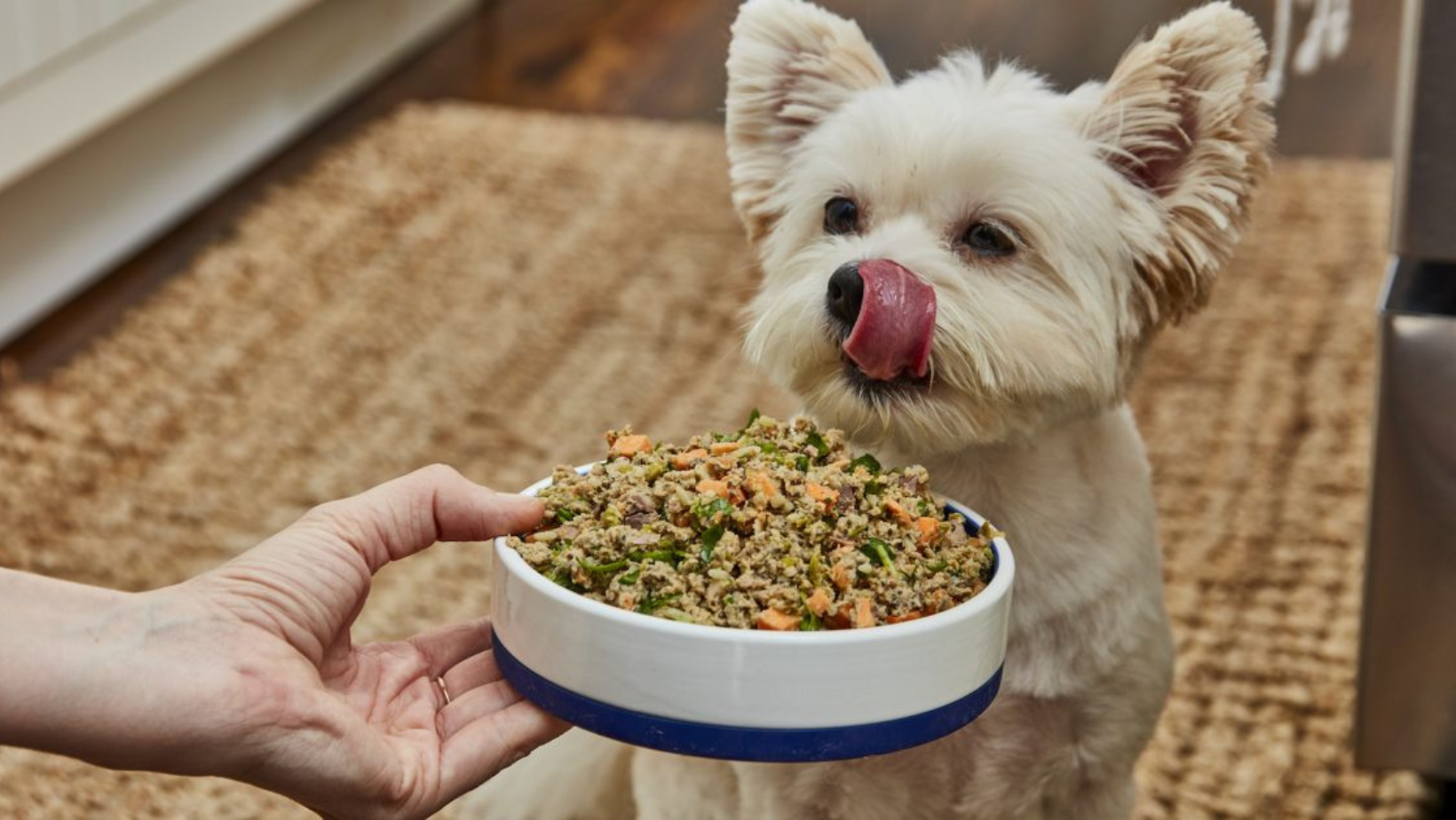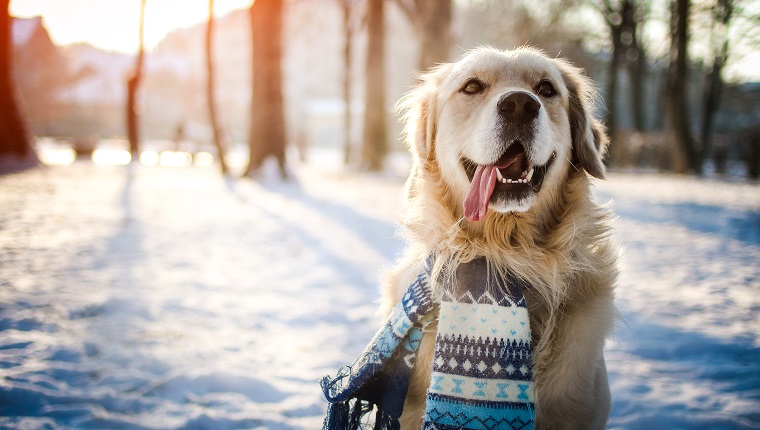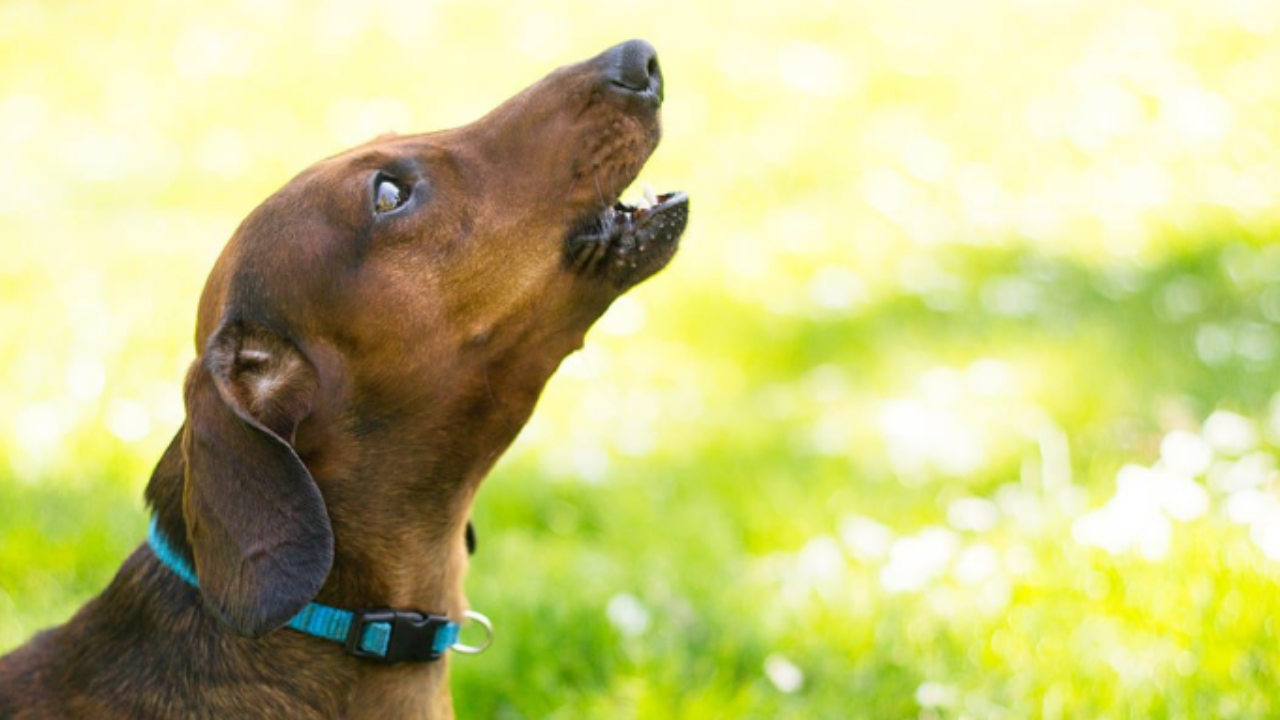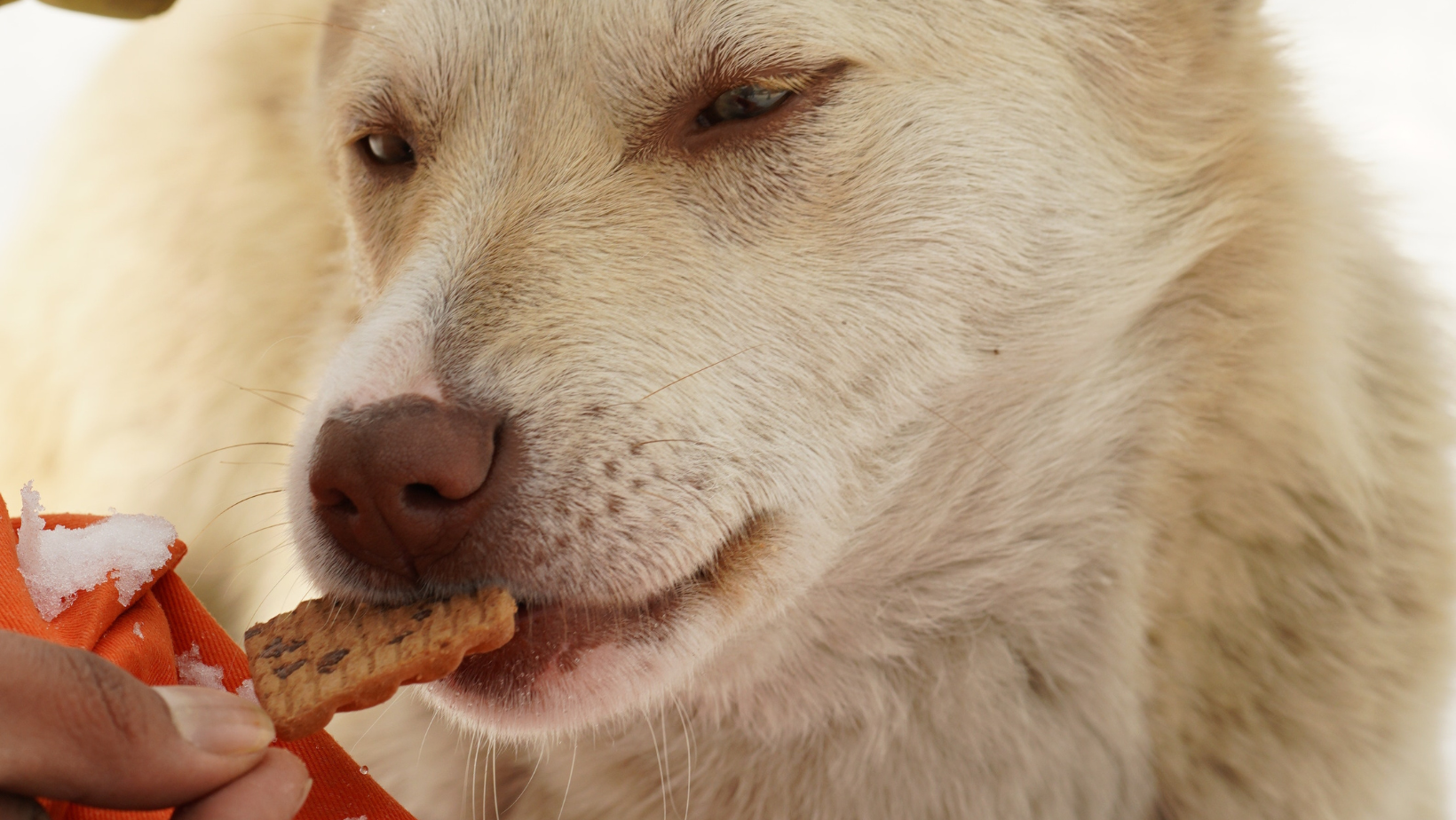How to Prepare Home Cooked Food for Your Dog

It’s common advice for pet owners to avoid feeding their animals during meals. What to prepare and what not to prepare confounds many pet parents. Many substances used in human cuisine are also suitable for use in pet food. However, there is a fine line between the food we cook for ourselves and the food we give to our pets because our cuisine frequently contains ingredients that are toxic to dogs or are too rich or fatty for their digestive systems. In this blog we will discuss how to prepare home cooked food for your dog and what home made food best for your dog.
It’s crucial to make food for their systems exclusively with nutritious elements. It’s widely believed that dogs will consume our food. However, dogs and people are not alike, and each dog is an individual with their own set of sensitivities and physiological needs. A treat for us might be poison to our four-legged, furry family members. The dietary requirements of a dog cannot be met by human food.
According to the AAFCO nutritional profile, dogs must have these six essential elements in sufficient amounts.

- Protein
- Fats
- Carbohydrates & Fibers
- Water
- Vitamins
- Minerals
So how does the typical Indian dinner match up to these criteria?
The typical Indian dog meal, roti soaked in milk, should come first. Roti and milk both fall short in terms of having the necessary nutrients. “Diarrhea, vomiting, and nausea can all be brought on by lactose in milk and gluten in wheat. You may have observed some pets who have roti and milk as a meal struggle with such problems. Food and Treats, Wiggles, gluten and lactose are unhealthy for them and can cause allergies.
One of the most popular desi meals for pet parents is rice with chicken. It is rich in protein and fat and comes the closest to fulfilling your pet’s nutritional needs. However, it lacks crucial minerals, vitamins, and carbohydrates that are essential for healthy human function. Dal is unquestionably a nutritious food for people. For canines, however, it is hardly sufficient.
Pets should not be around spices because they are poisonous to them. It contains the usual suspects including garlic, saffron, onions, and chiles. That eliminates the majority of Indian vegetable curries.
Pet owners adore their furry children and make sure that their nutritional requirements are always met. But the absence of a nutritious, well-balanced dinner is the real issue—not the quantity. Complete in terms of the necessary nutrients and balanced in terms of the amount of nutrients needed”.
For the development of their muscles and coats, dogs require the ten necessary amino acids found in sources of protein including chicken oil, bone meat, and organs. To provide dogs the omega-3 and omega-6 fatty acids that are crucial for their immune system, cook it with fat-containing items like fish oils and flaxseed. Feed foods like rice, potatoes, and pumpkin that are high in carbohydrates to keep your pet active.
Yucca extract, cumin seeds, papaya, and fish oil are a few other ingredients that provide vitamins and minerals that support cellular growth.
For a dog to receive holistic care, which includes meeting their physical, emotional, and social requirements, proper nutrition is essential. Your dog will become healthy, content, and active with the correct dog food.
Some terrific ”people food” that your dog will love (and his body will find healthy as well) include:
- Skinless, boneless chicken or turkey that is lean
- Ground or cubed beef
- raw or cooked liver (no more than once a week to avoid a vitamin A toxicity build- up)
- most seafood, such as salmon and tuna
- steamed pasta (without sauce)
- Eggs, in any form, no more than a couple times each week, whether scrambled, hardboiled, or poached. Eggshells can even be fed to dogs; simply soften them in the oven for ten to fifteen minutes before grinding them up.
- Almost any vegetable, whether raw or steamed, including carrots, green beans, broccoli, cauliflower, peas, and Brussels sprouts (but no onions)
- Boiling potatoes: the healthier they are, the more vibrant they are (such as gold and purple). While sweet potatoes, which are not actually potatoes but the roots of a flowering plant, are not true potatoes and are therefore tougher for dogs to digest, they are a wonderful source of vitamin A.
- Almond butter (organic is better, as many commercial peanut butters are high in sugar and additives)
- Cheese (no pepperjack or other spicy or flavoured cheeses, please)
- modest amounts of milk, cottage cheese, or plain yoghurt
- Numerous fruits, such as pears, apples, and bananas (but no grapes or raisins). Because eating too much fruit might irritate your stomach and induce diarrhoea, keep your servings small.





